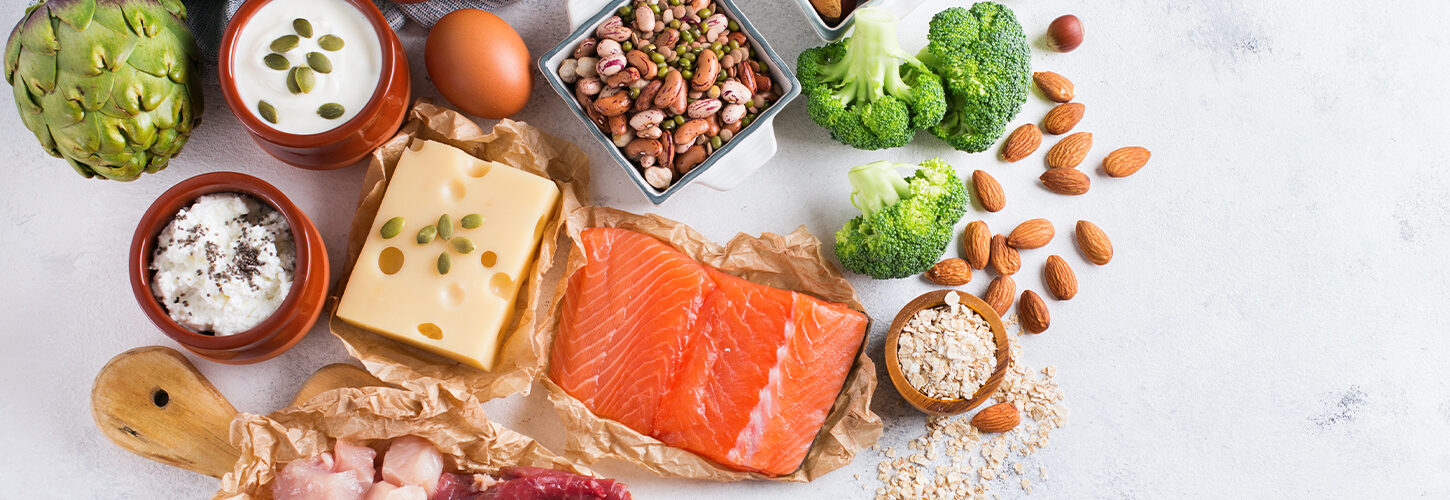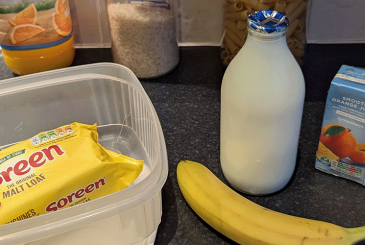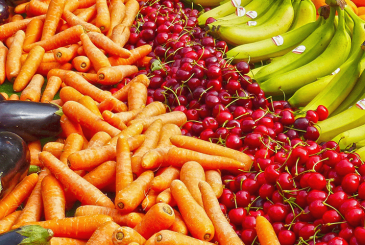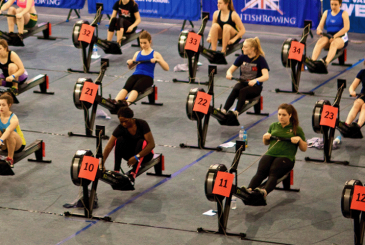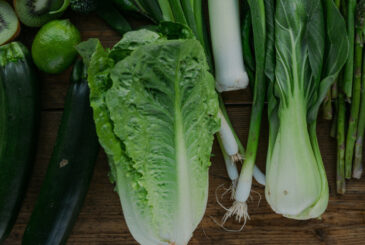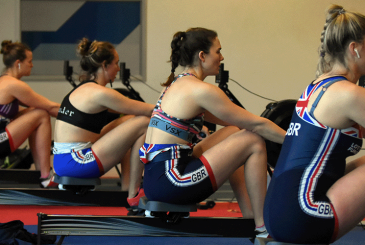Getting stronger not only depends on having the correct training stimulus, but also requires good nutritional strategies to optimise recovery and stimulate muscle adaptations. These nutrition strategies do not need to be complicated, but they really can impact the success of a strength training programme. This article looks to answer some frequently asked questions around the macronutrient protein, as well as share some simple and effective tips to support your training.
What is protein?
Proteins are part of every cell and tissue in the body, including our muscles. They are made up of twenty-one amino acids which are the building blocks for all the protein in our body. Of these twenty-one amino acids, nine are essential amino acids and can only be obtained through the diet.
What are good sources of protein?
Some protein rich foods are called “complete” proteins as they contain all the essential amino acids the body needs to repair and grow. Complete proteins are found in animal-based products such as meat, poultry, fish, eggs and cheese.
But where can you get your protein from if you don’t eat meat or dairy? Those following a plant-based diet can still reach their protein requirements, however this just needs planned more carefully. Plant-based proteins are limited in some essential amino acids. As an example, lentils and beans both contain protein but may not have enough of all the essential amino acids the body needs. Therefore, those following a plant-based diet should combine different sources of protein throughout the day to achieve the correct balance of essential amino acids.
How much protein should I eat?
While protein is important to help increase strength, more is not necessarily better! When wanting to build strength, aim for about 2g of protein per kilogram of body mass (i.e. 2g/kg). As an example, this would equate to consuming 140g of protein for a 70kg athlete.
For some, this may seem like quite an increase in daily protein consumption compared to the amount normally eaten. However, there are some quick and easy ways to increase the protein quantity in your diet. Firstly, have a source of protein with every meal. For example, this could include topping your porridge with peanut butter and Greek yoghurt, having eggs at lunch and chicken at dinner. Secondly, incorporate some high protein snacks throughout the day such as beef jerky and cottage cheese. Lastly, have a protein-based snack thirty minutes before bed such as a glass of milk or a bowl of yoghurt.
Good sources of protein
| Food | Portion size | Protein content (g) |
|---|---|---|
| Milk | 1 pint | 20 |
| Strained greek yoghurt | 125g | 15 |
| Eggs | 2 medium sized | 15 |
| Chicken | 1 medium breast (95g) | 30 |
| Tuna | 1 small tin (100g) | 20 |
| Chickpeas | 1/2 large can | 10 |
| Lentils | 1/2 large can | 10 |
When is it important to eat protein?
In a nutshell, protein intake should be spread throughout the day (every three hours) and, most importantly, consumed around resistance exercise.
When resistance exercise is performed and the appropriate nutrition is consumed, muscle protein synthesis is stimulated leading to an increase in strength. But what should you eat before and after exercise to optimise strength adaptations and maximise muscle repair?
In the hours leading up to exercise, fuel your body correctly by having a carbohydrate-based meal or snack such as a chicken sandwich, bowl of cereal or a banana. This will help you complete your training sessions at the intensity needed to overload the muscle fibres and achieve adaptations. As soon as possible after exercise, aim to have a snack or meal containing at least 20-40g of high-quality protein combined with a source of carbohydrate. Not only will this will help repair the muscles, but it will also aid in replenishing energy stores.
Examples of Meals and Snacks Containing 20g of Protein and ~50g of Carbohydrate
| Meal or snack | Portion size |
|---|---|
| Milk and a banana | 1 pint of milk and 1 small banana |
| Rice cakes topped with cottage cheese and cucumber and a glass of orange juice | 3 rice cakes, 4tbsp cottage cheese & 1 tall glass of orange juice |
| Muesli with Greek yoghurt and berries | 60g muesli, 150g Greek yoghurt & 2 large handfuls of frozen berries |
| Scrambled eggs on a bagel | 3 eggs & 2 slices of wholemeal toast |
| Chicken with rice & vegetables | 1 chicken breast, 70g rice & 2 large handfuls of vegetables |
In addition, having a source of protein, notably casein, thirty minutes before bed has also shown to be beneficial. Casein proteins provide a sustained rate of amino acid absorption over a number of hours and have been shown to be advantageous for muscle protein synthesis and recovery. Examples include the likes of milk, yoghurt and cottage cheese.
Conclusion
In summary, protein plays an essential role in building strength. Most importantly, make sure to eat enough protein (~2g/kg) throughout the day. Rather than consume this all at once, your protein intake should be spread evenly throughout the day with a source of protein being present in each meal or snack. Remember to pay particular attention to what you eat before and after exercise to ensure that you are fuelling for and recovering from these sessions appropriately.


